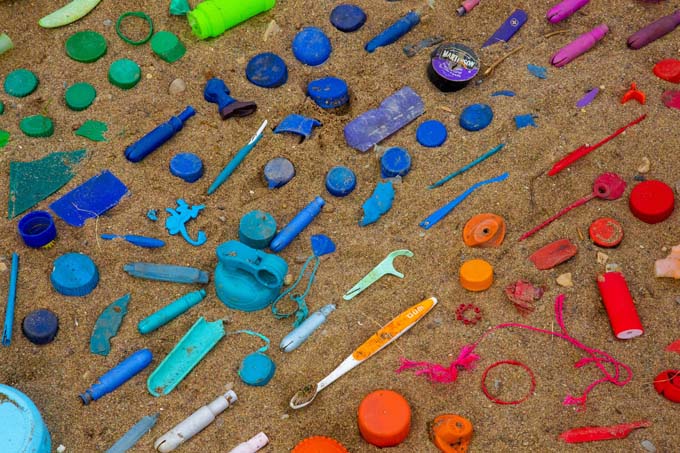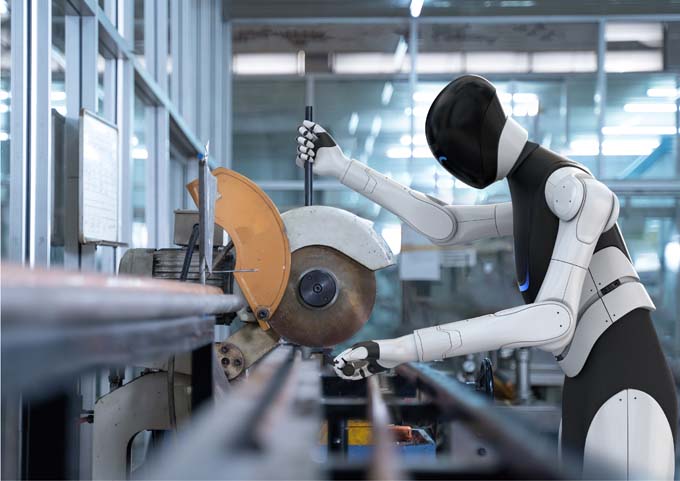Chemicals jeopardize effectiveness of agreement against plastic pollution
Next week, the Intergovernmental Negotiating Committee (INC) will meet in Uruguay to develop an international legally binding instrument against plastic pollution. Scientists fear that the negotiations will overlook the diversity and complexity of chemicals contained in plastics.

Plastic pollution is a major problem - all the more so because plastics are very complex in their composition. This is because a recent study identified more than 10,000 chemical substances that can be used in plastic production. As a result, plastics can contain a wide range of chemical substances. However, many of these chemicals perform the same function. But a lack of coordination between manufacturers means that plastics from different producers often have different chemical compositions for the same applications.
This diversity and complexity of plastic formulations brings with it various negative impacts and challenges, Empa, for example, says in a recent media communiqué. For example, scientists and various organizations have increasingly expressed concern about the negative effects on human health and ecosystems of many chemicals contained in plastics, which can be leached from the product during its lifetime.
Chemical diversity exacerbates plastic pollution problem
The diversity of chemicals in plastics can pose numerous challenges to current and planned technological solutions to combat plastic pollution. "The enormous variety of chemicals in different plastic products makes the different waste streams incompatible. This incompatibility can significantly affect the quality of recycled products, leading to "downcycling" and toxic waste that requires additional safety measures," said Empa scientist Zhanyun Wang, one of the study's authors.
Antonia Praetorius, assistant professor at the University of Amsterdam and co-author of the study, adds, "One proposed solution to address the plastic waste caused by single-use plastics is to increase the use of more durable plastics, for example, to allow multiple reuse of plastic takeaway food containers. The more complex the chemical composition of these durable plastics, the more difficult it is to ensure their integrity and safety over their extended product life."
Cautiously optimistic
Nevertheless, there are also reasons for optimism in advancing global solutions to plastic pollution. The authors recommend that policymakers and business leaders seize the unique opportunity presented by the Plastics Agreement negotiations to join forces and redesign plastics. By establishing a list of safe chemical additives that perform certain key functions, simpler and standardized plastics formulations can be achieved. In particular, the researchers provide specific recommendations on how mechanisms to reduce the diversity and complexity of chemicals in plastics production can be included in the treaty. This would not only enable the gradual elimination of hazardous chemicals in plastics production, but also the transition to a circular economy for plastics.
Source: Empa









